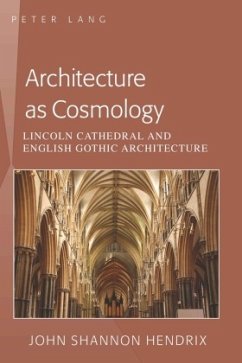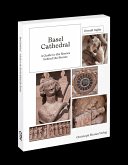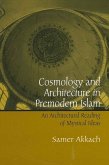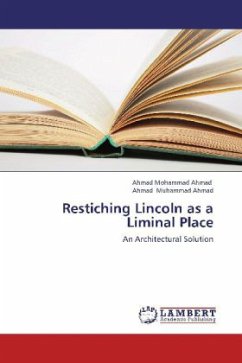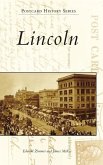Architecture as Cosmology examines the precedents, interpretations, and influences of the architecture of one of the great buildings in the history of architecture, Lincoln Cathedral. It analyzes the origin and development of its architectural forms, which were to a great extent unprecedented and were very influential in the development of English Gothic architecture and in conceptions of architecture to the present day. Architecture as Cosmology emphasizes the relation of the architectural forms to medieval philosophy, focusing on the writings of Robert Grosseteste, Bishop of Lincoln (1235-53). The architecture is seen as a text of the philosophy, cosmology, and theology of medieval English culture. This book should be useful to anyone interested in architecture, architectural history, architectural theory, Gothic architecture, and medieval philosophy.
